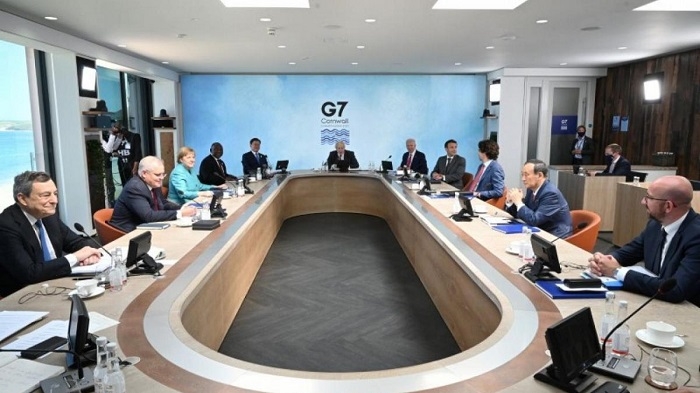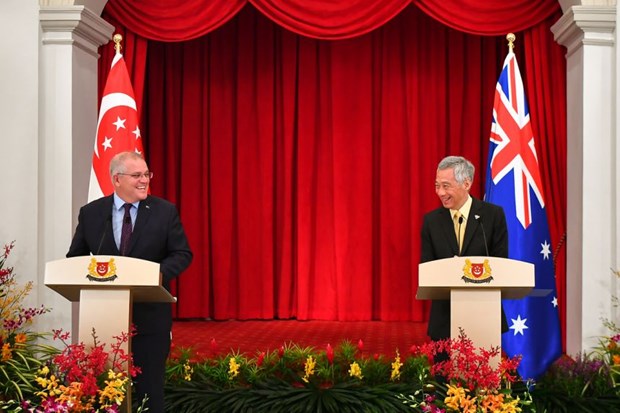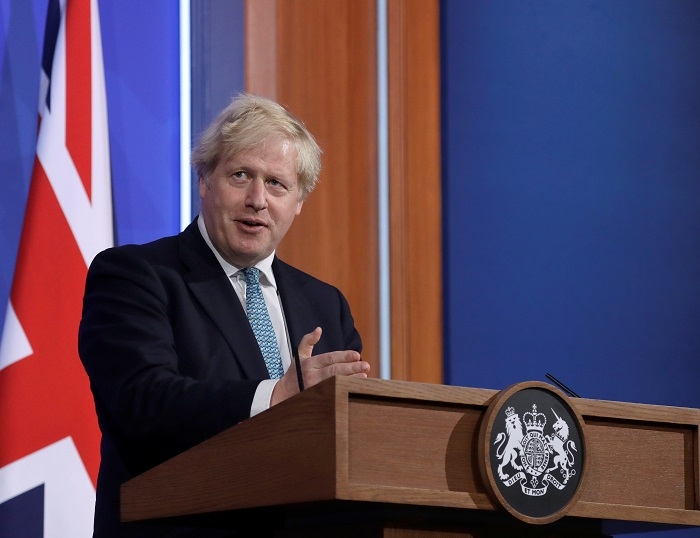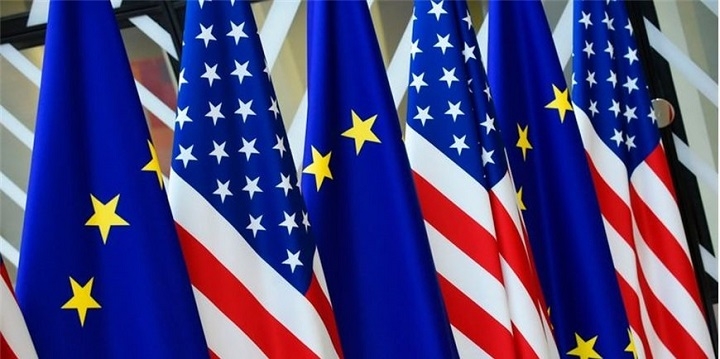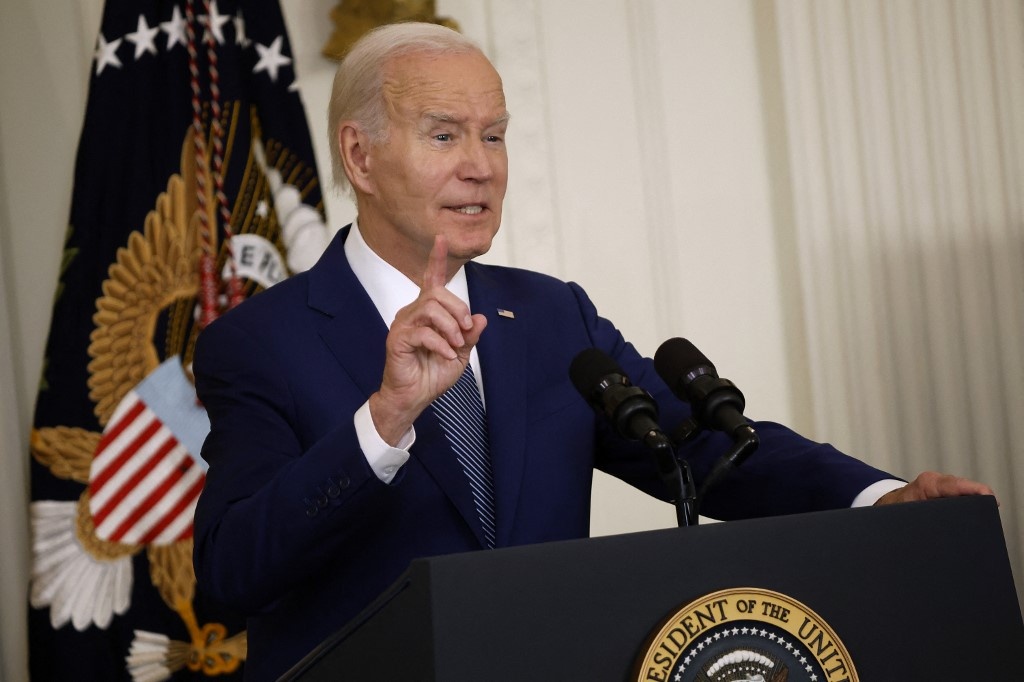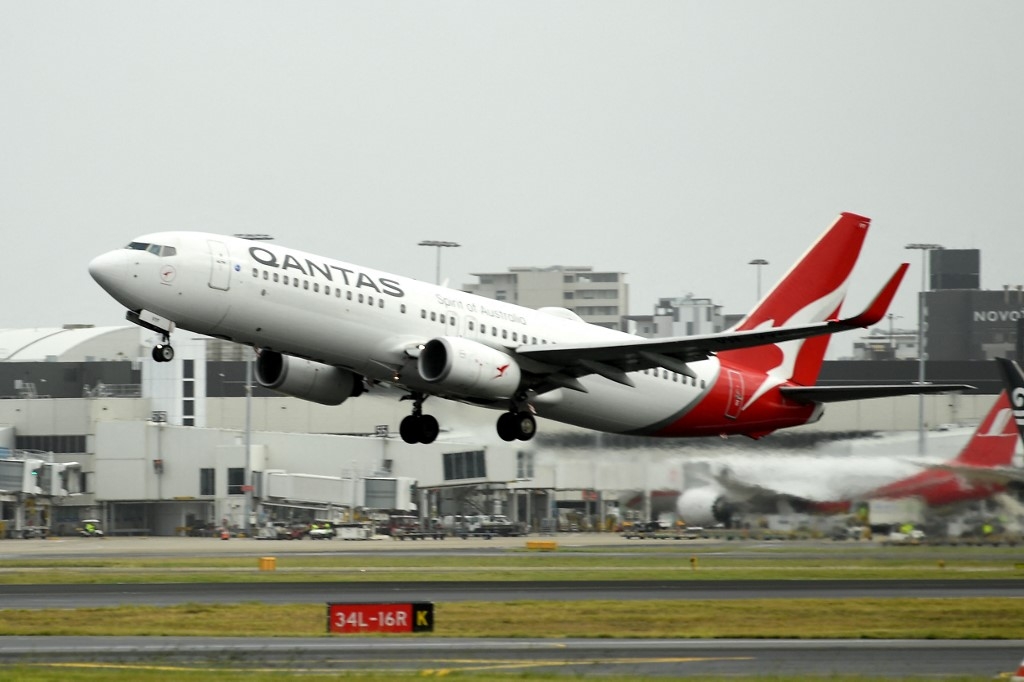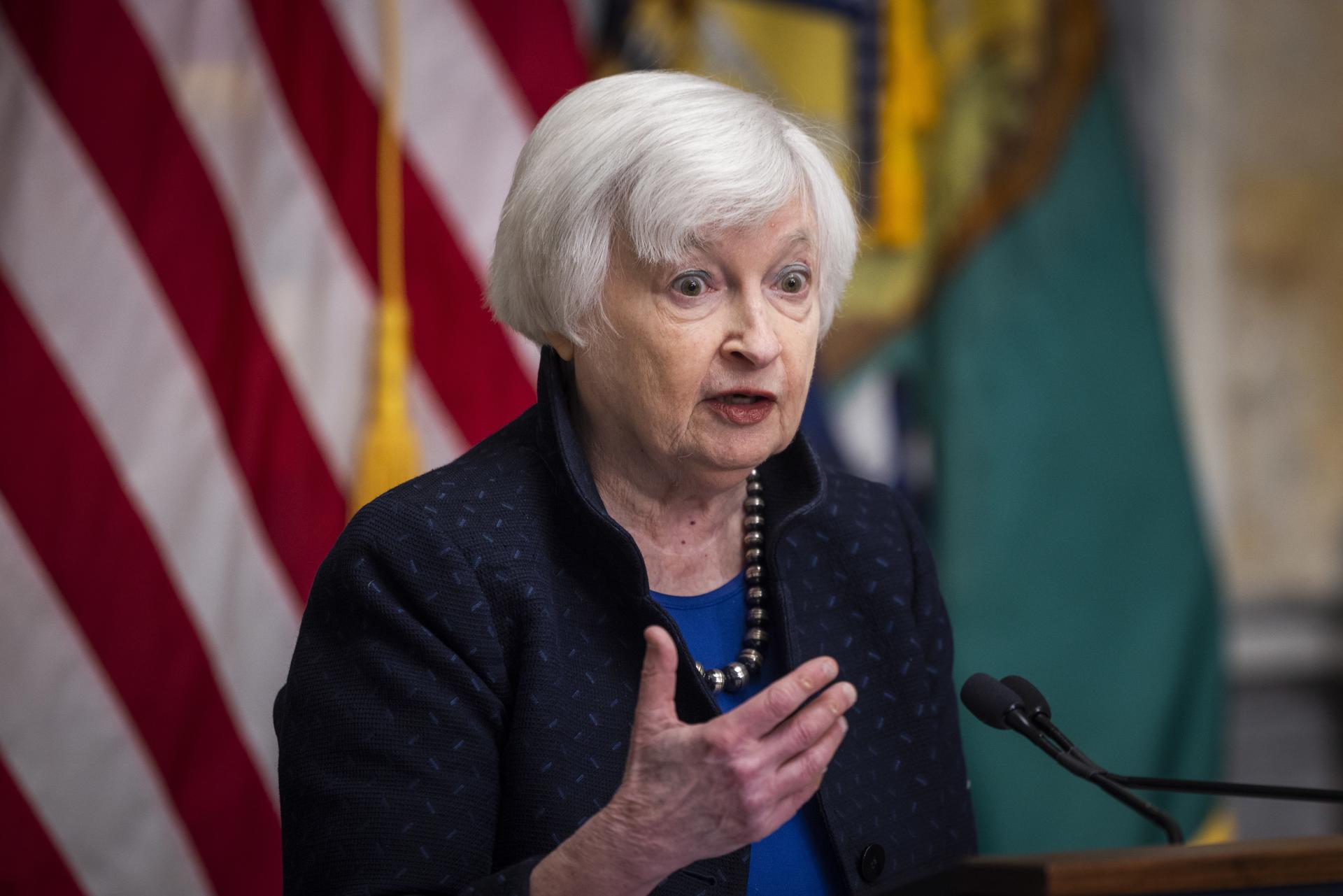Russia-US Summit: A worthwhile opportunity
NDO – The first-ever in-person meeting between US President Joe Biden and his Russian counterpart Vladimir Putin is to take place in Geneva, Switzerland on June 16, attracting special attention from world public opinion and offering an opportunity for a stable Russia-US relationship after a period of “rock bottom” for many years.
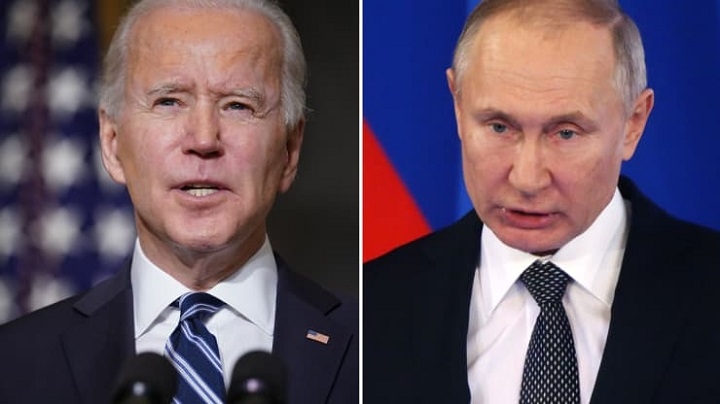
The Russia-US summit was proposed by President Biden during a phone call with the Kremlin leader in mid-April; however, it was not until late May that the official time and venue for the meeting was fixed. From being just an idea, the inaugural Biden-Putin meeting (as Presidents) is keenly anticipated by global public opinion, amidst the escalating tensions and the sanctions-retaliation race between the two countries.
The 46th US President took office in early 2021 with a commitment to bringing the country back on the trajectory of international cooperation. After a period of falling temperatures, the US-Russia relationship is expected to “defrost”, as President Biden vowed to promote dialogue and solve problems between the US and Russia. However, many months have passed, and the process of improving relations and narrowing differences between the two countries still seems frozen, except for the decision to extend the Strategic Arms Reduction Treaty (START). Even still, bilateral tensions have also heated up because of allegations related to the elections and cyberattacks in the US, or surrounding a controversial opposition figure in Russia. Disagreements have led to mutual quarrels and sanctions, causing relations between the two countries to fall to their lowest point in the past decade.
In that context, the need to revive relations has become urgent, and signals from both sides have shown a wish to reverse the negative trend. In fact, the plan for the maiden Biden-Putin summit was fixed after a series of “ice-breaking” diplomatic moves. After the first phone call between the two presidents in April, the foreign ministers of the two countries also had their first face-to-face talks, when they jointly attended an Arctic Council ministerial meeting. In order to create favourable conditions for the summit, negative statements have been avoided by both sides, with commitments instead made to promoting dialogue, mutual understanding, respect and equality.
The agenda of the US-Russia summit is expected to focus on the current status and prospects of the two countries’ relations, as well as hot international issues at present, including global strategic arms control, interaction in the fight against the COVID-19 pandemic and coordination in resolving regional conflicts. The Russian side has vowed to discuss all issues on the basis of dialogue, equality and mutual respect. Meanwhile, the US side also affirmed the goal of seeking a more stable and predictable relationship with Russia.
However, in the context of the problems and different views between the two countries still remaining complicated and difficult to resolve in just one meeting, feasible and effective content will be covered by the leaders in the discussions. In an interview granted to Russia’s Smotrim.ru media outlet ahead of his meeting with US President Biden, President Putin said there are a number of areas that are of mutual interest, such as strategic stability, regional conflicts, environmental protection measures, and climate change, adding that these are areas in which the two countries can really work effectively. The White House also listed a range of issues in which the US and Russia can cooperate, such as arms control, combating COVID-19, climate change, and peace in Afghanistan.
International commentators have shared that the US-Russia summit is unlikely to see a breakthrough or immediately reverse the poor relationship between the two countries. However, tomorrow’s meeting in Geneva is still seen as a worthwhile opportunity and an occasion for the leaders to listen to each other, seek ways to narrow their differences, promote their mutual interests and work out areas in which the two countries can work effectively in the future, towards a stable trajectory for US-Russia relations.

